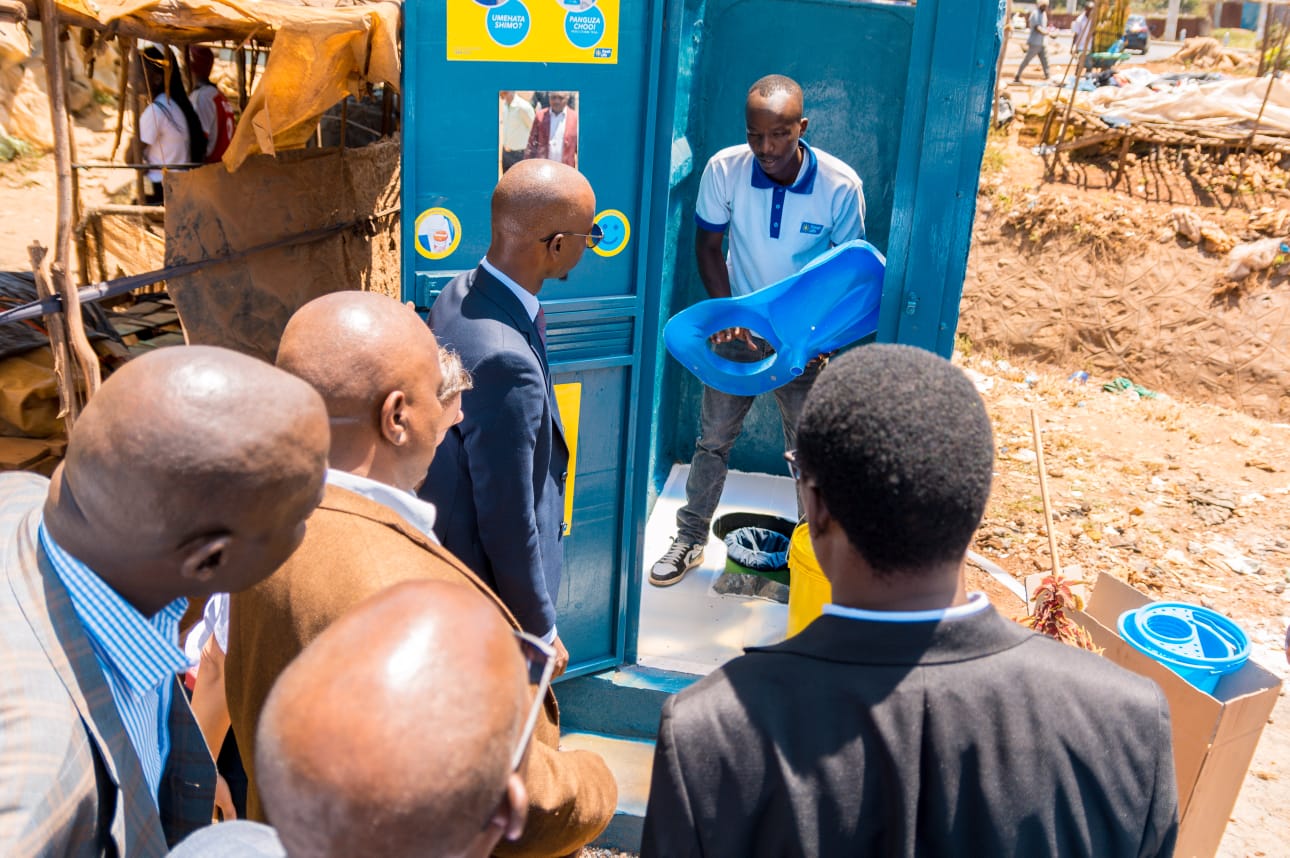
Stakeholders have called for collaborations and partnerships between various players to enhance access to clean and safe toilets ahead of World Toilet Day on Tuesday.
The day is dedicated to raising awareness about the critical importance of sanitation and ensuring that everyone, everywhere, has access to clean and safe toilets.
Despite being a basic human need, millions around the world continue to live without adequate sanitation facilities, with devastating effects on health, dignity, and human potential.
Amref Health Africa-Kenya emphasised the importance of safe and well-managed toilets.
“We advocate for safely managed sanitation because clean, accessible toilets create healthier and safer communities,” Amref Health Africa-Kenya said in a statement.
Antony Mulinge, Managing Director of Fresh Life, emphasised the global sanitation crisis, noting that 3.6 billion people still lack access to safe sanitation, and a staggering 2 million tonnes of sanitation waste are dumped into rivers and waterways every day.
“This results in severe health, environmental, and economic consequences,” Mulinge said.
Marsabit County Department of Public Health, with support from Food for the Hungry Kenya held an engaging radio talk show on a local radio station to raise awareness and promote better sanitation practices in communities.
World Toilet Day is marked on November 19 every year. This year's theme emphasises that sanitation is not just about toilets as it involves a comprehensive approach to managing wastewater, promoting hygiene, and ensuring that no one is left behind.
According to UN, over 3.6 billion people—nearly half of the global population—lack access to safely managed sanitation services.
The consequences of this sanitation crisis are far-reaching, contributing to the spread of deadly diseases like cholera, dysentery, and typhoid, while severely impacting education, particularly for young girls, who often face barriers to attending school due to inadequate facilities.
UN says more than 800 children under five die every day from diarrhoea caused by unsafe water, poor sanitation, and hygiene.
Mulinge called for collaborated efforts to provide clean toilets in informal settlements saying it will significantly reduce health risks associated with inadequate sanitation.
Fresh Life has a network of over 7,500 toilets which serves more than 290,000 people in informal settlements.
Nairobi Rivers Commission on Monday launched a two-day campaign to address sanitation challenges to mark World Toilet Day.
United Nations Environment Programme (UNEP) said improving access to water, sanitation and hygiene can save 1.4 million lives per year.
“Everyone must have access to a toilet connected to a sanitation system that effectively removes and treats human waste,” UNEP said.











